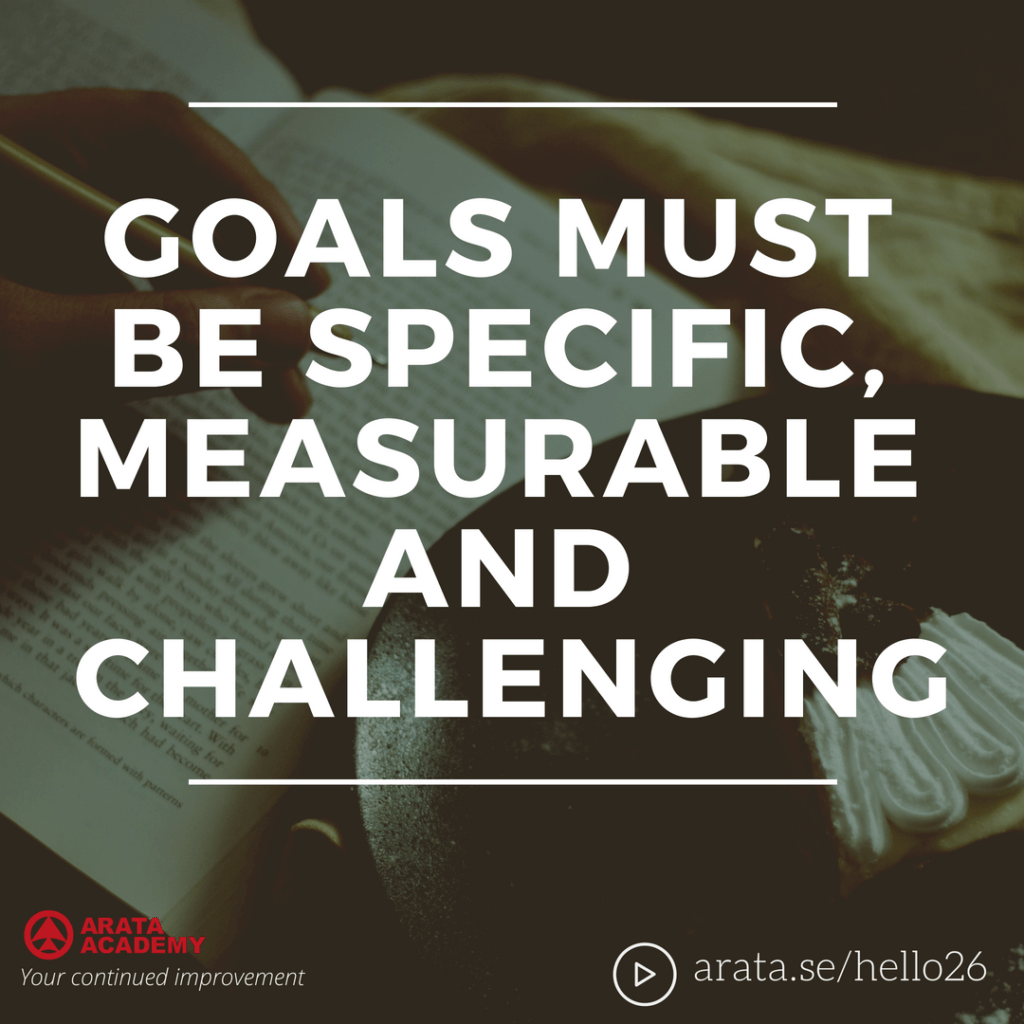Hello! Seiiti Arata. Happy New Year! And be very careful in defining goals for this year. See, goals have some limitations. They might not work at all… or you may end up ignoring other important areas of life, making risky or unethical choices and decreasing your intrinsic motivation. This comes from a Harvard Business School study
Let’s first see what the most classical studies had to say about goals and why they were more enthusiastic about the usefulness of goals.

In A Theory of Goal Setting and Task Performance, there were important caveats: (i) the person who sets the goal needs commitment to the activity, (ii) the person must already be skilled or at least prepared to develop skills for conducting the activity, and (iii) other conflicting goals should not exist.
Does it make sense to you? It does not help me to set the goal of climbing Mount Everest if I do not have commitment, obviously. Commitment is lacking in most New Year’s resolutions, including losing weight, quitting smoking, learning new things. Commitment is key.
I must also have the skills. If I cannot climb, I need to learn. If I know nothing about nutrition and physical activity, I need the right guidance to lose weight. If I do not understand the psychological triggers that make me light a cigarette, I need that knowledge. If I have no good study or focus techniques, it will be difficult to dedicate myself to learning.
I do not want to have conflicting goals. If I have a newborn baby at home, it will break my heart to stay away for several days trying to climb Mount Everest. What if an accident happens to me? I don’t even want to think about it.
If my circle of friends meets every week in the pizzeria, it will be quite difficult to lose weight. If my social and professional circle consists of heavy smokers lighting up a cigarette every ten minutes, my goal to quit is more difficult. If I am a surfer and want to enjoy this summer catching waves all day and at the same time want to study for a very difficult math exam, it is also difficult to reconcile these two objectives.

The theory of setting goals does not end here. There is a lot more to be said. For example, the goal must be something specific, measurable and challenging. Saying “I will run five kilometers every Saturday morning for the next two months” is better than saying something generic, like “I will strive to be more active.”
In addition to the problem of being generic and therefore inefficient, the goal can bring some losses: when the person is focused the wrong way, he ceases to realize other important things that are happening around him. On this topic, I will leave a link here to a very nice site I would like you to visit: [https://arata.se/hello67]
There is another problem that is quite common now as the new year begins, and everyone is full of enthusiasm to do a million things: an excessive number of goals or an error in the allocation of time. If I determine that next week I will climb Mount Everest, or this month I want to lose twenty kilos, there’s something very wrong, and I can end up with big problems.
The lesson for us is that the definition of objectives is valuable, but it is important to define and perform them in the right way. I wish you a happy new year and may you create smart goals and strategies that work. Cheers!

